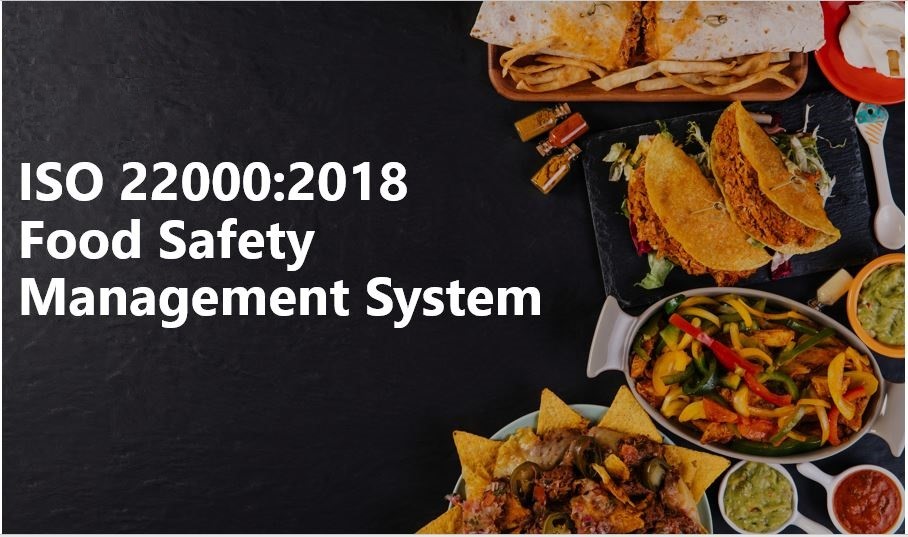Good manufacturing practices for all sectors of the food industry
What is ISO 22000?
ISO 22000 is an international standard that defines the requirements of a food safety management system covering all sizes of all organizations throughout the food chain.
With a greater focus on risk-based thinking and aligned to ISO’s high level structure, the new ISO 22000 Food Safety Management Systems can deliver additional benefits to organizations of all sizes throughout the food chain:
-
Improved control over food safety activities
-
Customer, statutory and regulatory compliance
-
Facilitated market growth
-
Increased customer, stakeholder and consumer confidence in products
-
Improved risk management
-
Integration with other ISO management systems
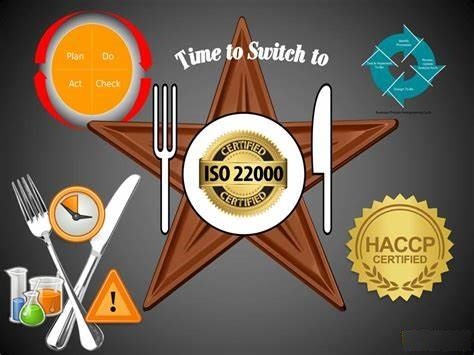
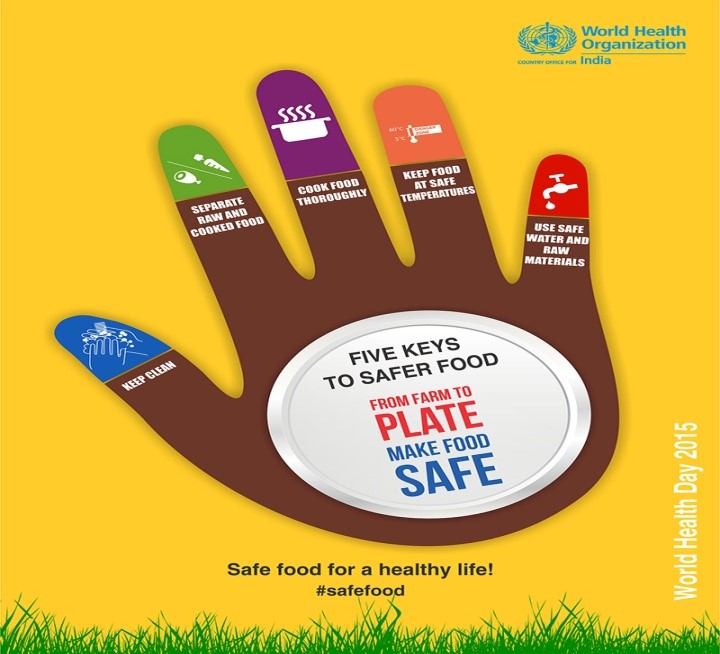
How will ISO 22000 help my business? (Benefits)
-
Introduce internationally recognized processes to your business
-
Give suppliers and stakeholders confidence in your hazard controls
-
Put these hazard controls in place across your supply chain
-
Introduce transparency around accountability and responsibilities
-
Continually improve and update your systems so it stays effective
-
ISO 22000 contains the food safety management system requirements of FSSC 22000 (which is a Global Food Safety Initiative, GFSI recognised scheme) and is used along with requirements for prerequisite programs for the appropriate industry sector
-
ISO 22000 will give you a comprehensive, systematic and proactive approach to identifying food safety hazards and implementing effective control measures
-
The standard will make it easier for you to apply the Hazard Analysis and Critical Control Points (HACCP) principles
-
Comply with current food safety standards across different continents
-
ISO 22000 will help to document all techniques, methods and procedures in a thoroughly systematic way
-
Increase traceability, efficiency and resourcefulness in the food chain
-
This standard will enable you to participate in large scale food chains around the world
-
Ensure that your supply chain is secure to meet growing food requirements
Provide reassurance to all concerned
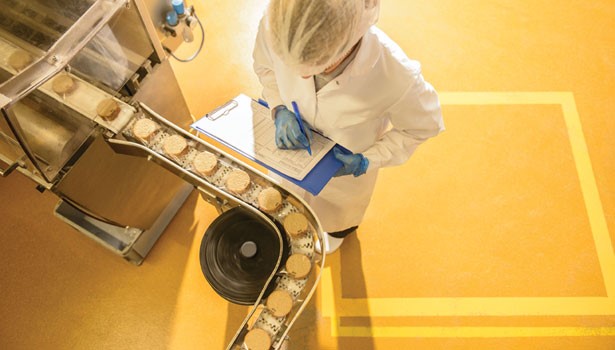
1. Consumers are increasingly concerned and aware of where their food comes from. They take an active interest in ensuring they are buying on an informed decision.
2. Tailored and efficient management of your processes will prevent food safety failures and associated costs, whilst increasing legal compliance.
3. Public, private sector and governments internationally are increasingly regarding ISO 22000 as a guarantee of food safety, quality and security.
4. ISO 22000 connects you to a growing network of international suppliers in both developed and developing economies. ISO 22000 applies if you are in food production industry, processing, distribution or storage.
Challenges of Implementing ISO 22000
ISO 22000 certification is of immense value. Implementing this Food Safety management system has been shown to directly lead to more efficient use of resources and less waste. This is an extremely easy way to increase profitability. It has also been proven to reduce the risk of prosecution and insurance claims stemming from Food Safety issues. Finally, customers are reassured by the standard’s ethical basis. Here are some of the challenges sometimes associated with ISO certification:
1. Getting Started
The first major challenge in ISO 22000 implementation is to get started. Organisations feels the complexity of ISO 22000 implementation. Understanding of standard, placement of documents, training of persons are some of the challenges. Too often companies complain that they are not ready to start, and they want everything to be perfect before they begin the certification process. However, ISO implementation is considered an ongoing process which will never be perfect.
2. Setting Goals
Companies aiming for ISO 22000 certification set their own Food Safetytargets. A company knows its own capabilities and limitations best and should be able to set realistic goals. In theory this can allow very conservative, easy-to-attain goals to be set simply for the sake of attaining certification. Given the expense of ISO certification, companies should create realistic goals to maximize return on investment.

3. Problem Solving
Most organisations find that once they understand their Food Safetyissues and impacts, implementing ISO 22000 is relatively simple. In some cases however, it can be significantly more complex. Sometimes a detailed statistical analysis may need to be carried out, with the necessary statistics being hard to record and more difficult to analyse.
4. Applying Relevant Regulations
A successful ISO 22000 implementation usually requires more than just a list of acts of legislation. You should also understand in plain English how each piece of legislation applies to each part of your business, including sites, organisations and people. Legal registers such as Pegasus are available to help achieve this for a fraction of the cost of legal advice.
5. Self-Management
ISO 22000 implementation is self-managed, and its success mostly depends on the enthusiasm of the organisation’s management. Many ISO 22000 certification failures are due to the management’s lack of awareness of the resources required. Managers may also set unrealistic, ultra-lenient goals to portray their organisation in a better light than is justified.
6. Transparency
Ensuring the correct information is shared with all employees is another major challenge of ISO 22000 implementation. Frequently, information about the implementation process is not disseminated to the levels required for the maximum return possible. Customers have also been known to make purchasing decisions based on ISO 22000 certification, so they should also be informed.
How does my business gain ISO 22000 Certification? (Need)

Generally organisations start their ISO journey with ISO 9001, as this puts in place quality management procedures that can be extended and developed to include Food safety.
How can ZQI help my business to gain 22000? (Support)

1. With Zenith Quality you can realise the Truth of Transformation.
2. We Drive Excellence & Inspire Innovation.
3. Real Challenges, Real People & Real impact.

-
ZQI work alongside your existing Food safety professionals to work out the most effective way to implement ISO 22000 in your business. This may include presentations to your senior team, training and support on production of policies and manuals.
-
ZQI has team of Experts, Assessors, Trainers & Consultants who will make this process simple and safe, less time taking: support and guide your business towards certification using hand hold practices.
-
Our experienced assessors will help your business audit and improve its Food safety management systems, offering training and support where necessary.
-
The standard is designed to be generic, so can flex around the organisation – our assessors are there to help you identify what is relevant for your business, whatever its size or turnover.
-
We strive to make ISO certification as simple as possible for our clients.
-
With a flexible approach, we work with your business to make the process of gaining ISO 22000 as painless and yet as beneficial as possible.
-
Our role is to support and guide your business towards certification. We will look at your business needs and existing systems and advice you on what is right in ISO 22000 for your business.
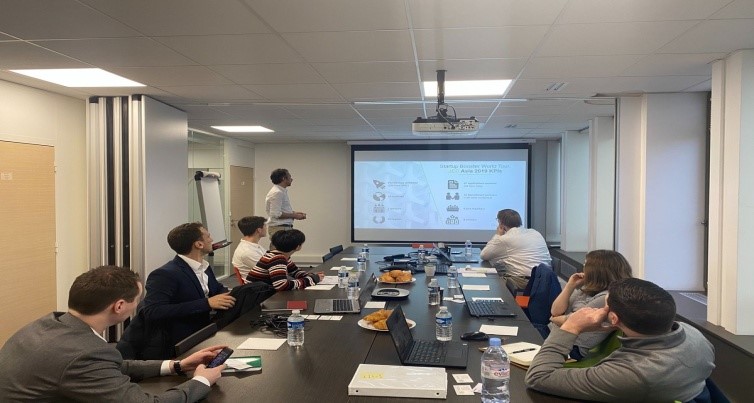

The certification process is very similar to ISO 9001, working on the principles of:
“Say What It Does” – document day to day operating procedures and systems
“Do What It Says” – work in accordance with those procedures and systems
“Prove It” – with a certification audit which confirms, from records, that the procedures and
systems meet the requirements of ISO 22000 and are operated in accordance with the standard.
With a flexible approach, our assessors are focused on making standards work in your business.
For further details, please contact us.
